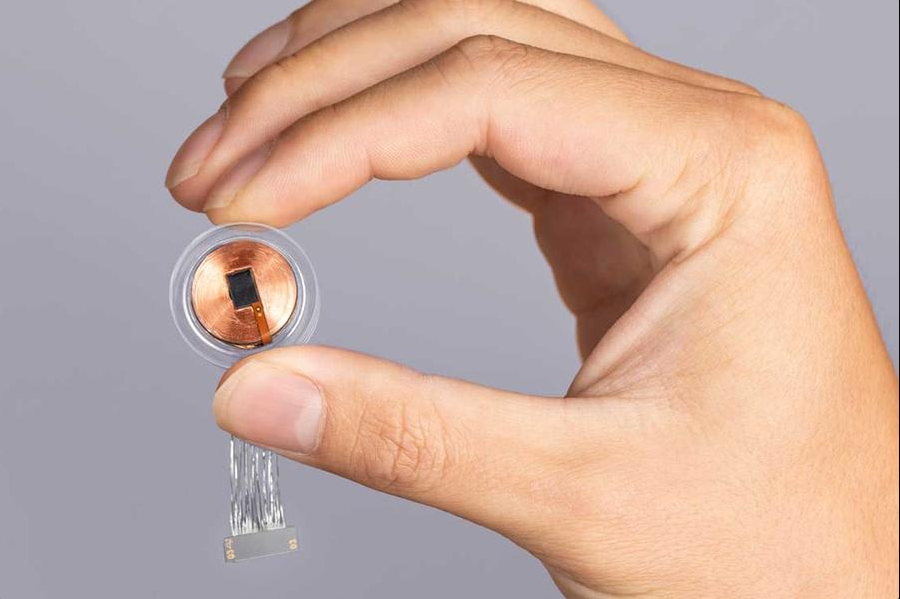Neuralink, the neurotechnology company founded by Elon Musk, has made headlines by launching its groundbreaking brain-computer interface (BCI) clinical trials in the United Kingdom. This marks a significant expansion from their United States-based studies, moving the company closer to wider global adoption of its innovative technology. The initiative, named GB-PRIME, signifies an important step in making BCIs more accessible to people living with severe disabilities worldwide.
Partnerships and Trial Sites
For its first venture in the UK, Neuralink is partnering with some of the country’s most respected medical institutions. These collaborations ensure the clinical trial is conducted according to the highest standards of patient safety and scientific rigor. The participation of University College London Hospitals (UCLH) especially ensures that expertise in neurology and neurosurgery is at the forefront of the study.
-
Partner organizations include:
-
University College London Hospitals NHS Foundation Trust (UCLH)
-
Newcastle upon Tyne Hospitals NHS Foundation Trust
-
-
UCLH serves as the lead site, coordinating recruitment and surgeries.
-
Surgical procedures will take place at the National Hospital for Neurology and Neurosurgery in Queen Square, London.
-
Full regulatory approval for the trial has been obtained from UK authorities.
Study Details & Eligibility
The GB-PRIME study is designed to carefully evaluate the safety and effectiveness of Neuralink’s technology in a small, specific group of patients. The trial focuses primarily on those who have lost almost all ability to use their hands due to neurological injury or disease, representing a population with an acute medical need for new assistive technologies.
-
Participant recruitment focuses on:
-
Individuals with severe neurological disorders
-
Patients who have lost most or all hand movement (e.g., due to spinal cord injury or ALS)
-
-
Up to seven participants will be included in the study.
-
Clinical goals are to evaluate safety, surgical procedures, and device performance.
Technology: The N1 Brain Chip
At the core of Neuralink’s approach is the N1 chip — a compact, wireless brain implant designed for seamless integration with neural tissue. Its innovative structure allows it to record neural signals and then transmit them, enabling users to control digital devices through thought.
-
N1 chip features:
-
Size comparable to a 10p coin
-
128 flexible, ultra-thin threads (thinner than a human hair)
-
Each thread contains over 1,000 microscopic electrodes for precise signal capture
-
-
Key functionality:
-
Electrodes record neural activity (brain signals)
-
Signals are converted into digital commands
-
Users can control tablets, computers, and smartphones with their thoughts
-
Background: US Successes and Challenges
Neuralink’s progress in the US has paved the way for the expansion into other countries. The company has already implanted the N1 device in several patients with promising, though not flawless, outcomes. Adjustments and software innovations have been crucial in addressing the complex challenges of interfacing with the human brain.
-
Neuralink began first-in-human trials in the US in 2024, following FDA approval.
-
The company has secured approximately $650 million in funding, and is valued at around $9 billion.
-
Early milestones:
-
Noland Arbaugh (first implant recipient) demonstrated computer and video game control using only his mind.
-
Device challenges included up to 85% of threads losing contact in some cases, but performance was maintained through software updates.
-
-
Multiple paralyzed patients are now using the system to interact with digital devices.
Global Expansion of Trials
The PRIME program signals Neuralink’s ambition to evaluate and deploy its BCI technology across different healthcare systems and regulatory environments. Expansion to other countries is expected to facilitate faster development and broader approval for future clinical use.
-
PRIME clinical trial now includes research sites in:
-
United States
-
Canada
-
United Kingdom
-
United Arab Emirates (UAE)
-
-
International trial sites may help accelerate both regulatory review and access for future patients.
Broader Vision
While restoring lost functions for those with paralysis is the immediate aim, Elon Musk’s long-term goal for Neuralink envisions far-reaching possibilities. He believes brain-computer interfaces could eventually bring about a revolution in human cognition and human-AI interaction, opening doors to enhanced communication and mental abilities for everyone.
-
Short-term focus:
-
Helping individuals with severe paralysis regain communicative and digital independence
-
-
Long-term aspirations:
-
Enabling “symbiosis” between humans and artificial intelligence
-
Enhancing memory, cognition, and facilitating new modes of communication, even in healthy individuals
-
Significance
The launch of GB-PRIME in the UK marks a significant milestone in the journey toward practical brain-computer interfaces. This innovative research not only offers hope for those living with debilitating neurological conditions, but also propels the neurotechnology field forward, setting the stage for future breakthroughs.
-
GB-PRIME is a pivotal step for BCI research and therapy.
-
The trial combines leading British medical expertise with Neuralink’s technological innovation.
-
Neuralink’s international expansion could transform lives and reshape the landscape of neurotechnology worldwide.









